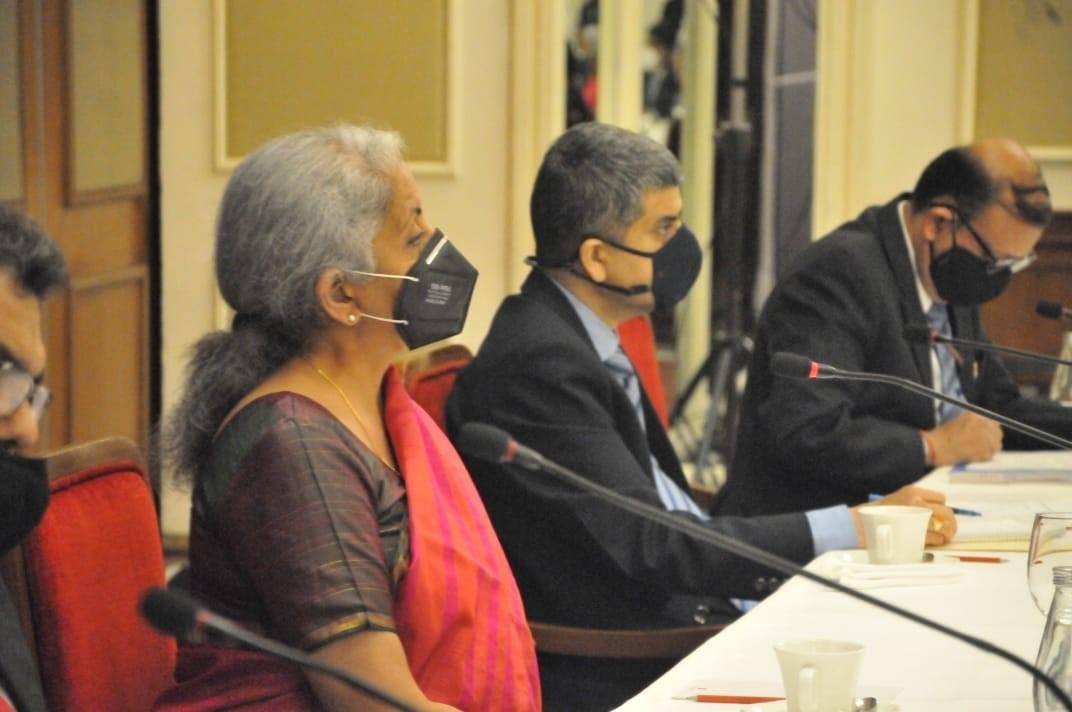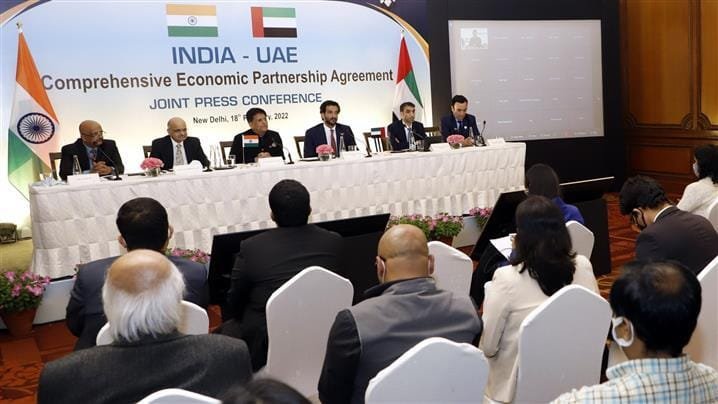MSMEs hurt by lockdown
The Government has been called for an immediate substantive stimulus of Rs.1.5 lakh crore in the form of support to the poor and support to industry especially the MSMEs.
Making the call, CII pointed out that the COVID-19 pandemic has severely crippled the economy and the lockdown, necessitated to arrest the spread of the contagion, has come at a huge economic cost.
By the time the third phase of the lockdown ends, the country would have lost almost two months of output, said CII.
“With economic activities being restricted for over 50 days now, the negative impact on the economy is expected to be even more significant than what we had earlier anticipated,” CII President Vikram Kirloskar said on 8 May 2020.
“This needs to be offset by a large fiscal stimulus so that jobs and livelihoods are protected. CII recommends the government to announce an immediate stimulus package of at Rs.15 lakh crore, which translates into 7.5% of GDP,” he said.
The broad elements of the stimulus include cash transfers amounting to Rs.2 lakh crore to JAM account holders, in addition to the Rs.1.7 lakh stimulus already announced.
“A key fall out of this economic slowdown would be the human cost in terms of loss of jobs and livelihoods, which need urgent government intervention,” said Chandrajit Banerjee, Director General, CII.
It should be ensured that the migrant labourers are kept within the purview of the proposed cash transfers, Banerjee added.
Further, in order to provide enterprises the immediate support to pay salaries to its workers and avoid any job losses, CII has suggested a provision of Rs.2 lakh crore for additional working capital limits to be provided by banks, equivalent to April-June wage bill of the borrowers, backed by a Government guarantee, at 4-5% interest.
To support the estimated 63 million MSMEs which have been battered by the pandemic, CII has suggested a credit protection scheme for MSMEs whereby 60-70% of the loan should be guaranteed by the government, i.e. if the borrower defaults, government should repay the bank up to the amount it has guarantee d, so the risk to the lender is limited.
This will encourage the banks to lend to the ailing sector so that their working capital needs are met.
In addition, CII has suggested the creation of a fund or SPV with a corpus of Rs.1.4-1.6 lakh crore which will subscribe to NCDs/Bonds of corp0rates rated A and above.
The fund can be seeded by the Government contributing a corpus of Rs.10,000-20,000 crore, with further investments from banks and financial institutions. This will provide adequate liquidity to industry, particularly the stressed sectors such as aviation, tourism and hospitality.
In order to create a significant multiplier impact on boosting demand in rest of the sectors and enhancing long-term productivity, funding public infrastructure has been found to be a potent option.
In this regard, CII suggests an allocation of Rs.4 lakh crore be made on a public works programme that will create job opportunities. The work should be initiated with the involvement of state governments, so that implementation bottlenecks can be overcome. Specifically, the spending can begin with the completion of projects that have already begun, such as roads which are stalled after 80% of the job is complete.
CII has also suggested an allocation of Rs.2 lakh crore to be earmarked for bailing out state-run electricity distribution companies that have been accumulating losses and burdening the state exchequer.
Further, to protect our financial sector for meeting the credit needs of the real sector, as well as abs orb some shocks from potential insolvencies in the real sector, an allocation of Rs.2 lakh crore for bank recapitalization is required. This will help public sector banks manage any surge in their NPAs.
In order to finance the broad elements of the stimulus package laid out above, CII suggests Rs.4 lakh crore support from the subscription of government paper by the RBI, given the fact that inflationary pressures remain muted in view of depressed demand conditions.
A lower amount of Rs 2 lakh crore can be borrowed by the Government from the secondary market, so that bond yields remain moderate. Further, substantial reduction in expenditure of around Rs.4 lakh crores is possible by reducing some of the discretionary expenditure such as centrally sponsored schemes. These are some of the avenues that would finance the package.
“Clearly, time is running out for a fiscal stimulus package to rescue the economy. Delayed fiscal relief for enterprises reeling under the lockdown will make it harder for them to recover,” Banerjee stressed. fiinews.com











